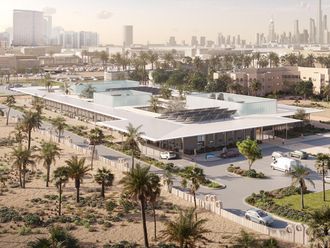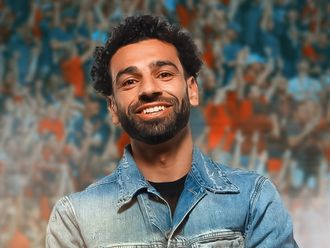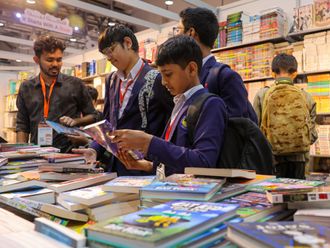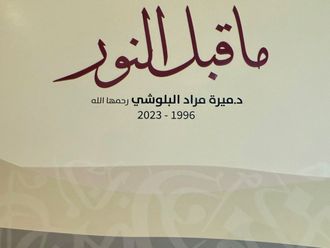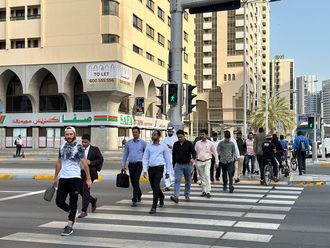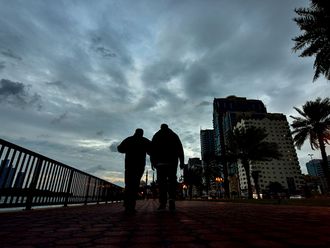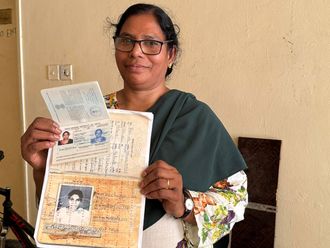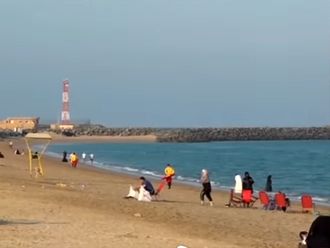Gulf News speaks to Aidan White, General Secretary of the International Federation of Journalists about the fast-changing state of the media in the Arab world.
How do you assess the state of the media in the Arab world?
In some ways, the situation is getting better. Last year, for instance, there was a welcome fall in the levels of violence against the media. The easing of the political violence in Iraq and Palestine has helped. There has also been progress to eliminate national laws that criminalise journalism. Some countries — Sudan and Jordan — have taken small steps forward, but in Bahrain, Iraq and the UAE, important new laws are held up in the parliament. In general, there is stagnation and journalists remain trapped in a vice of political influence. They are victims of sectarianism and often work in appalling social conditions. In short, the Arab media scene is largely unchanged, and that's very bad news.
How do you see relations between Arab states and the media in general?
Governments and the international Arab world organisations remain deeply suspicious of independent journalism. There are new attempts to control the internet, which reflects a political mind-set that is out-of-date and cannot survive the online world and its demands for free expression. We need to allow more opinions and voices and insist on an ethical and professional practice. People need help to find reliable and useful information. What they don't need is more propaganda. Arab states are not opening themselves up to the opportunities that modern media provide and as a result there is too much friction in relations between states and independent media. This has got to change.
How do you assess the state of the media in the Gulf and in the UAE?
In the Gulf states the media situation is better than elsewhere in the Arab world, not least because of better economic conditions, but even here there are political battles being fought to create the conditions for media freedom. For instance, media laws need to be changed and soon. Journalists should not be faced by a penal code that criminalises their work. At the same time media must be more independent and outspoken in their defence of pluralism. That means challenging the sectarianism that often distorts how media report events and developments in society. The Gulf states have begun to produce media with a very independent and wide-ranging world view, but they can become strangely hesitant when reporting home affairs. That suggests governments must do more to encourage newsrooms to be more vigorous in their reporting, ignoring political pressure and local bias. When they do this they will create models of media for modern Arab society.
How do you define journalists-bloggers relations?
There is a lot of confusion over blogging and journalism, much of it caused by mischievous academics who have allowed their prejudices against traditional media to get in the way of a sound analysis of changes taking place in journalism. I am deeply suspicious of the term "citizen journalist." I do not want to receive explanations, commentary or analysis of public events from untrained amateurs any more than I want to have my appendix to be taken out by a "citizen doctor."
Some blogging can be journalism, particularly when people are putting out information with the intention of serving public interest and when they respect basic ethics in their use of information. These people need to be protected in the same way that journalists are. But that does not mean all bloggers are journalists. Indeed, 90 per cent of them don't want to be regarded as journalists and certainly don't care about journalistic values in their work.


